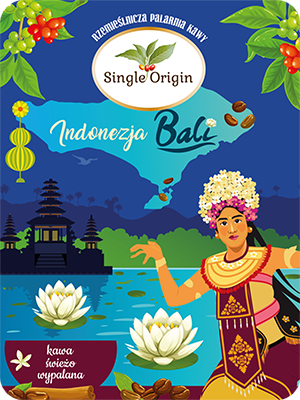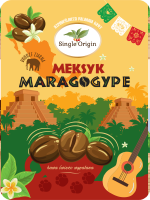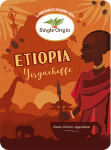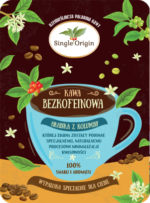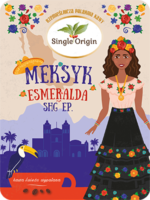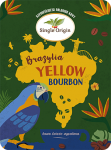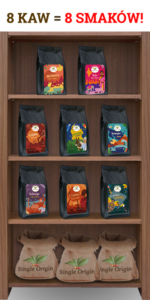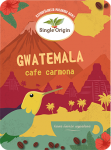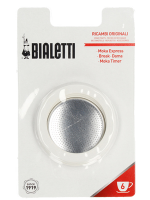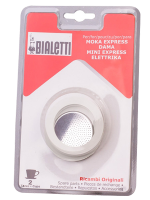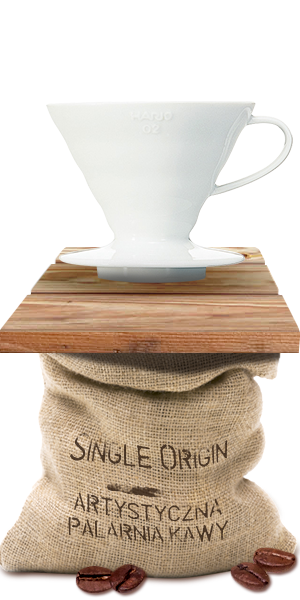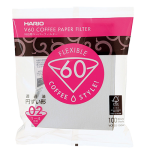| STRENGTH: |
|
|---|---|
| ACIDITY: |
|
| INTENSITY: |
|
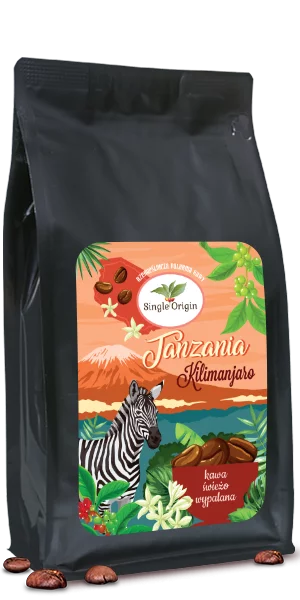
Tanzania Kilimanjaro
Price range: 4.80 € through 31.30 € excl. VAT
African specialty-grade Arabica, grown at the foothills of Mount Kilimanjaro and roasted by default for filter methods.
This coffee is cultivated on the southern and eastern slopes of Kilimanjaro by tens of thousands of smallholder farmers. Coffee-growing traditions in Tanzania date back to the 16th century, when the Haya people brought seedlings from Ethiopia—about 1,000 km away and the birthplace of coffee. However, cultivation in Tanzania remained limited until the 19th century, when German colonizers (the country was then a colony of the German Empire, known as Tanganyika or German East Africa) introduced more advanced farming practices in the fertile Kilimanjaro region.
After independence in the second half of the 20th century, Tanzania’s economy was nationalized and agriculture was subjected to forced collectivization. Only the social and economic reforms of the late 20th century allowed farmers to manage their own small farms, which now account for more than 90% of the country’s agriculture.
Today, smallholders are organized into AMCOs (short for “Agricultural Marketing Cooperative Societies”). Each village has its own AMCO, with only one allowed per village by law. AMCOs operate processing stations where freshly harvested coffee cherries are prepared. They also act as community centers, offering training and providing basic material support.
Kilimanjaro coffee is “shade-grown,” cultivated beneath larger trees—in Tanzania, mainly banana plants—that provide protection from intense sunlight. The shade raises humidity levels and prevents soil depletion, improving coffee quality. Without shade, coffee trees ripen too quickly, producing underdeveloped fruit. By contrast, shade slows maturation, allowing sugars to develop more fully, resulting in a richer flavor and aroma profile.
Compared to other African Arabicas, Tanzania Kilimanjaro is slightly lower in acidity. This makes it a great starting point for those who have grown tired of the classic nutty-chocolatey profiles of American coffees but aren’t yet ready for the bold flavors of Ethiopia or Kenya.
It offers fruity acidity balanced by notes of vanilla and chocolate. We recommend it for filter brewing methods (dripper, Chemex, Aeropress), though many of our customers also enjoy it as a smooth base for milk coffees.




